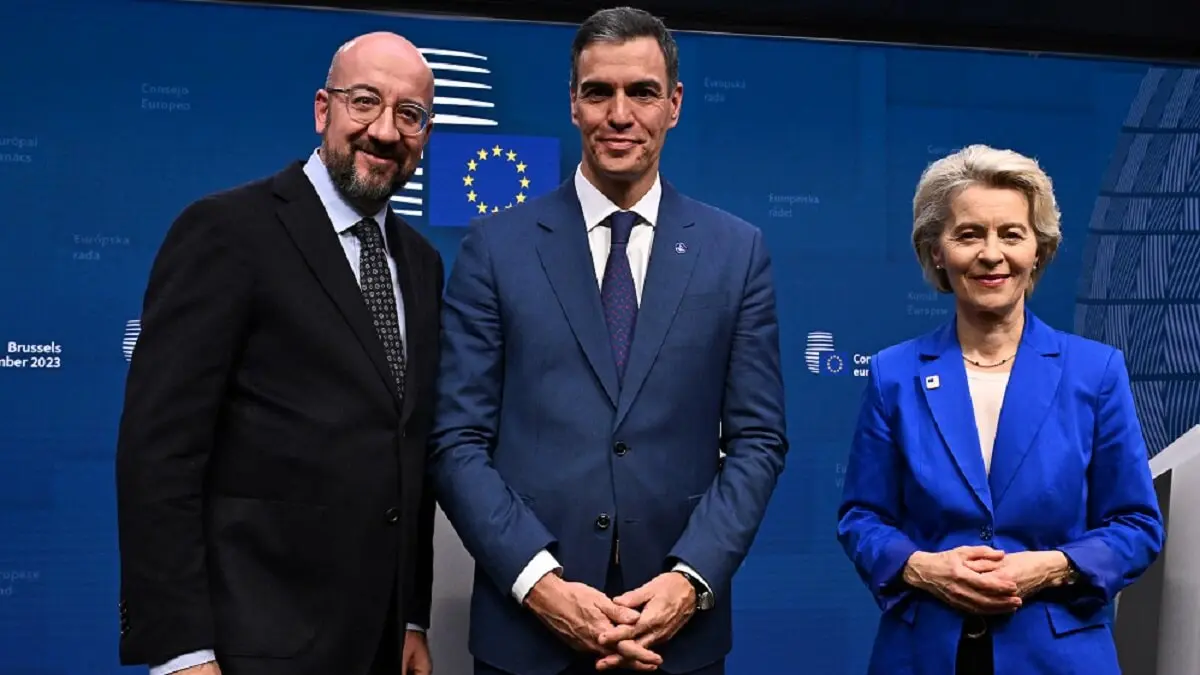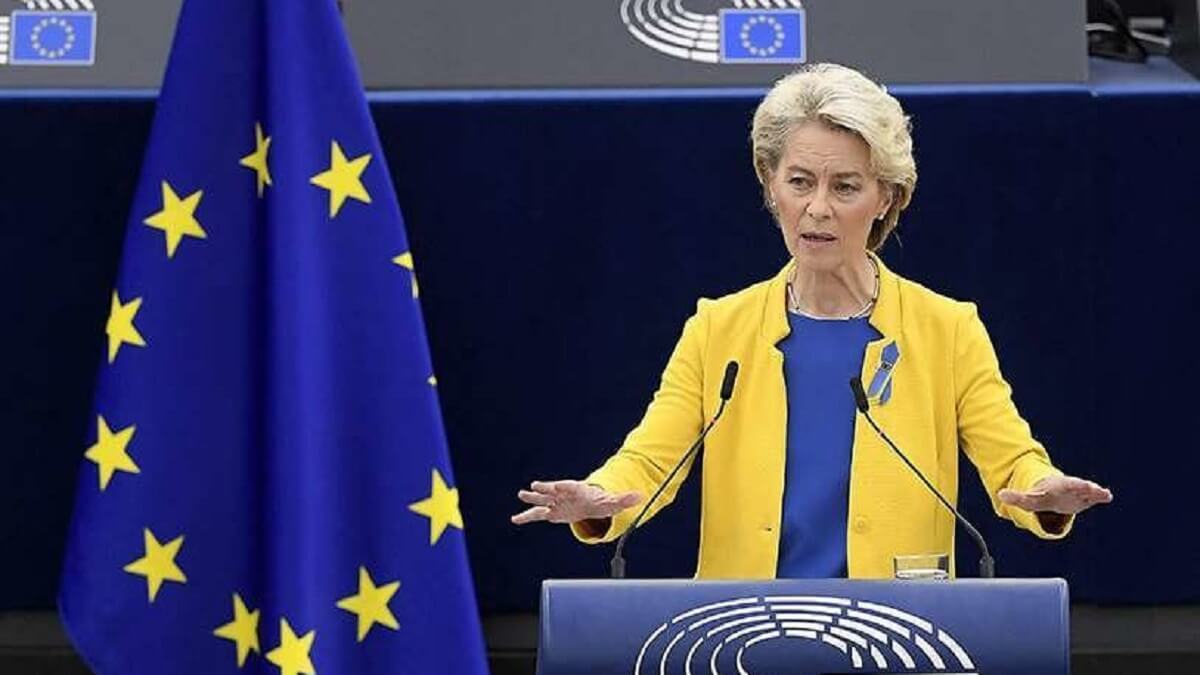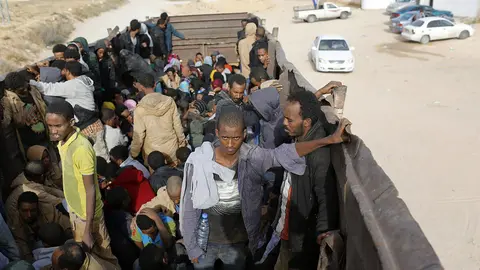The European Union agrees on major migration reform

After years of negotiations, MEPs and representatives of the European Union (EU) member states have reached an agreement on a comprehensive reform of the European migration system.
This system foresees a compulsory solidarity mechanism and stricter controls. "Political agreement has been reached on the five dossiers of the new EU Pact on Migration and Asylum," the Spanish rotating presidency of the European Union (EU) wrote on the X network.
Spain, Greece and Italy, three countries heavily exposed to migration flows, welcomed the text, and European Commission President Ursula von der Leyen spoke of a "historic" agreement. The United Nations also described it as "a positive step forward".
Key points of the reform
The reform provides for stricter controls on the arrival of migrants in the EU, closed centres near external borders to more quickly expel those who do not qualify for asylum, and a mandatory solidarity mechanism between member states, for the benefit of countries under the greatest migratory pressure.
The political agreement reached on Wednesday must still be formally approved by the Council, the forum of the 27 member states, and the European Parliament.
The aim is for the texts of the agreement to be finally adopted before the European elections in June 2024.
The issue is currently the subject of debate in many European countries, including France, where a migration law was passed on Tuesday night, causing a crisis in President Emmanuel Macron's camp, due to the support of the extreme right.
The reform has sparked criticism from human rights organisations.
Some fifty NGOs, including Amnesty International, Oxfam, Caritas and Save the Children had written an open letter to the negotiators on Monday to warn them of the risk of ending up with "a badly designed, costly and cruel system".
On Wednesday, 15 NGOs, including Sea-Watch and SOS Humanity, involved in migrant rescue work in the Mediterranean warned that "not a single life will be saved by today's decision (...). This agreement represents a historic failure and a tribute to the parties of the European right".

Compulsory solidarity
The reform agreed in Brussels retains the current rule, under which the country of entry into the EU of an asylum seeker is responsible for his or her file.
However, in order to help Mediterranean countries such as Italy, Spain and Greece, where thousands of migrants arrive, the reform introduces a system of compulsory solidarity in the event of severe pressure.
This means that other EU member states must help to alleviate the pressure, either by receiving some asylum seekers - known as relocation - or by providing financial support.
The head of the Spanish government, Pedro Sánchez, praised a "fundamental agreement" for the country, which he said would "improve" border management and "manage migration flows in a more humane and coordinated way".
Hungary, on the other hand, which opposes the solidarity mechanism, said it "rejects with all its might" the agreement. "We will not let anyone in against our will," said Hungarian Foreign Minister Peter Szijjarto.
The reform also envisages a system of "filtering" migrants on their arrival on EU territory, and "a procedure at the border" for those who statistically have the least chance of obtaining asylum. They will be detained in centres, from where they can be more quickly expelled to their countries of origin or transit.
Such a procedure will apply to nationals of countries for which the refugee recognition rate is less than 20%, based on the EU average.
The EU is currently experiencing an increase in irregular migrant arrivals and asylum applications.
In the first eleven months of 2023, the Frontex agency reported more than 355,000 crossings at the EU's external borders, an increase of 17%.









